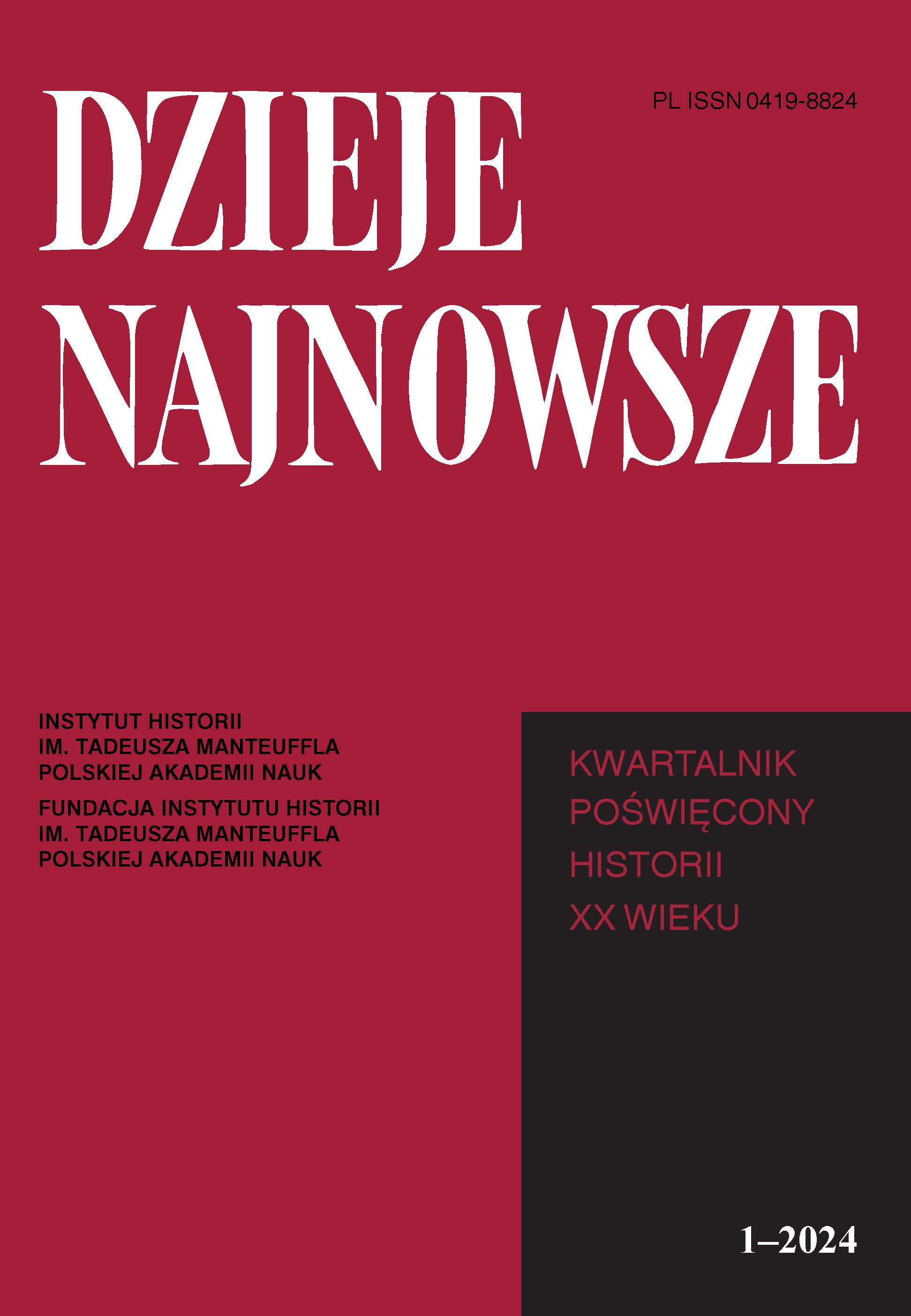Efekt redystrybucyjny świadczeń rodzinnych w Polsce – wykorzystanie monetarnych i wielowymiarowych wskaźników zamożności
Redistributive effect of family benefits in Poland as measured by monetary and multidimensional wealth indicators
Author(s): Adam SzulcSubject(s): Social Sciences, Sociology, Family and social welfare, Welfare services
Published by: Główny Urząd Statystyczny
Keywords: redistribution effect of benefits; family benefits; households; income; wealth
Summary/Abstract: The aim of the study discussed in the article is the evaluation of the impact of family benefits and their modifications on the household wealth distribution. The key research question reads: which of the two characteristics of the benefits – their relative size or regressive character (i.e. the volume of benefits decreasing while the recipient’s income grows) – is more conductive to the analysed effects? The Kakwani decomposition, which makes it possible to split the total effect into the two above-mentioned components, was adopted to answer the research question. As wealth measures, the study employed three kinds of equivalent income, i.e. income declared by households, income declared by households plus money remaining from the previous month and income corrected by means of non-monetary wealth determinants, as well as the multidimensional indicator. The study was based on data for 2015–2020, drawn from subsequent editions of Statistics Poland’s Household Budget Survey. Therefore, a period before the launch of the ‘Family 500 plus’ programme in 2016 was analysed, and modifications, such as waivering in 2019 the income criterion for granting the benefit for the first child, were taken into account. The results of the analyses demonstrate that the redistributive effect of the benefits was mostly affected by the relative size of the benefits, while their regressivity played a secondary role. The comparison of the computations for four wealth indicators leads to the conclusion that the selection of the method of evaluating the wealth of households does not significantly impact the assessment of the redistributive effect of family benefits, which stands in opposition to some other studies employing monetary and multidimensional wealth indicators.
Journal: Wiadomości Statystyczne. The Polish Statistician
- Issue Year: 69/2024
- Issue No: 08
- Page Range: 1-18
- Page Count: 18
- Language: Polish

